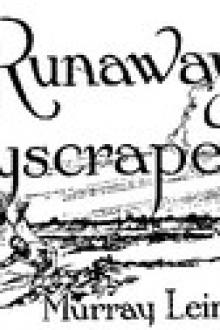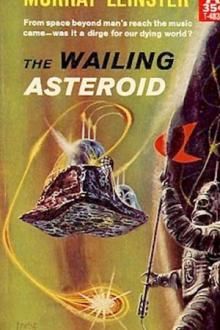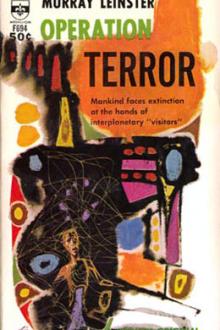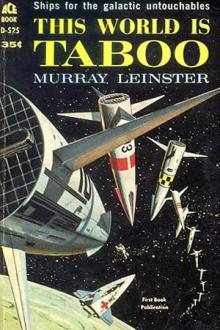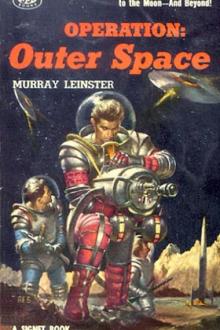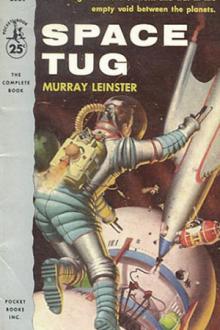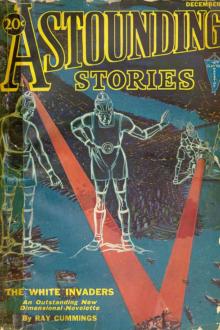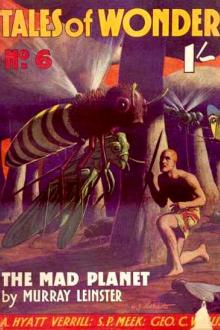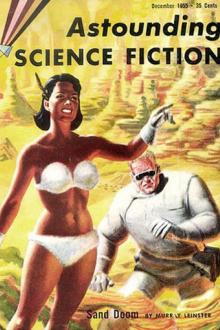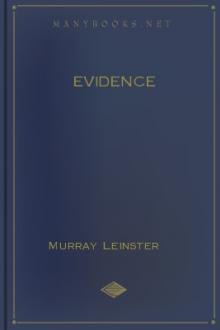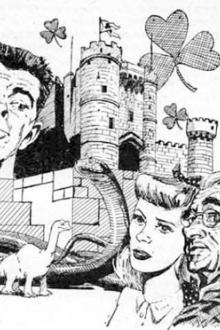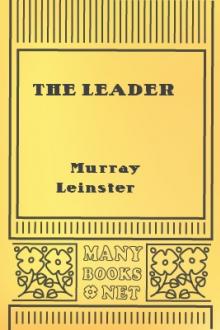The Hate Disease
The Hate Disease
The Med Service people hit strange problems as routine: if they weren't weirdos, they weren't tough enough to merit Med Service attention. Now the essence of a weird problem is that it involves a factor nobody ever thought of before ... or the absence of one nobody ever missed ...
Book Excerpt
feel of the ship changed. It no longer descended. The landing-grid operator was holding it aloft, but Calhoun could move it in evasive action if he wished. He approved the liberty given him. He could use his emergency rockets to dodge. A second thread of smoke came streaking upward.
Then other threads of white began just outside the landing grid. They rushed after the first. The original rockets seemed to dodge. Others came up. There was an intricate pattern formed by the smoke trails of rockets rising and other rockets following, and some trails dodging and others closing in. Calhoun carefully reminded himself that it was not likely that there'd be atomic war heads. The last planetary wars had been fought with fusion weapons, and only the crews of single ships survived. The planetary populations didn't. But atomic energy wasn't much used aground, these days. Power for planetary use could be had more easily from the upper, ionized limits of atmospheres.
A pursuing rocket closed in. There was a
Editor's choice
(view all)Popular books in Short Story, Science Fiction, Post-1930, Fiction and Literature
Readers reviews
3.5
LoginSign up
Quite an interesting premise to this story, but it degrades into silly science and a juvenile ending. You could find better things to do with your time than read this story.
- Upvote (0)
- Downvote (0)
A first-rate puzzle of a story. Maybe Calhoun comes to his conclusions with surprising inspiration, but the story remains baffling until the end. The incidental scientific conjecture (tapping the ionosphere for power to run a planet, shame as a motive for violence, an ecology of chemicals,) leave seeds to think about after the story is over.
01/15/2013
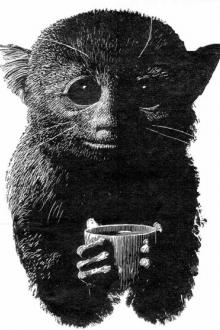
 Free Download
Free Download





















